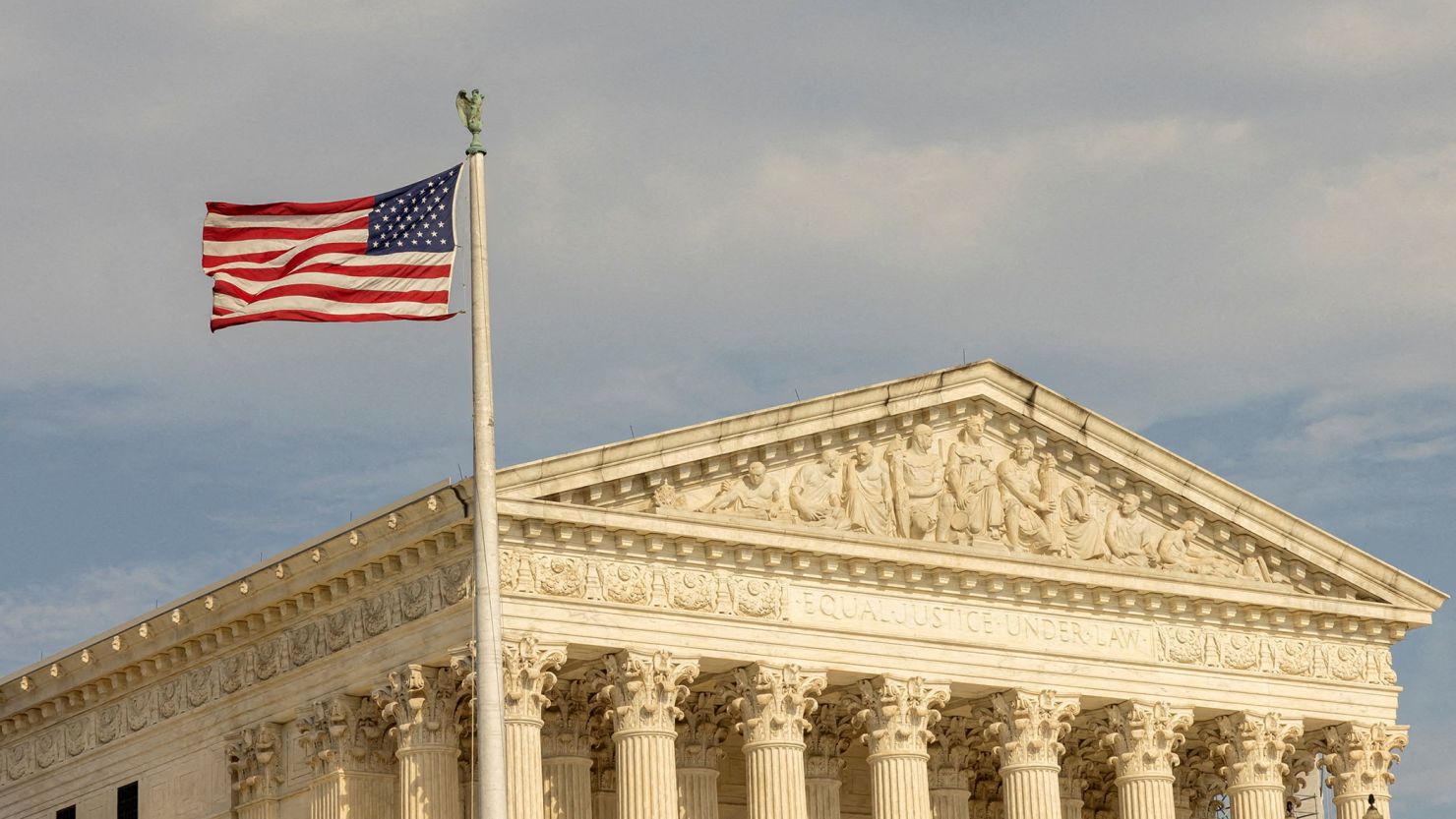By Rabbi Evan J. Krame
Blaming others is easy—and often satisfying. When disappointment strikes, it’s tempting to point fingers, to wag tongues, to hold someone else accountable for our misfortunes. But blame rarely builds anything. It distracts us from the more difficult, yet far more rewarding, work of self-improvement.
Even Moses, our greatest prophet and leader, succumbed to blame in his final days. As we read in Parshat Vaetchanan, Moses recalls how God denied him entry into the Promised Land—and then lays the blame squarely on the Israelites: “The Lord was angry with me because of you.” It’s a moment of deep human vulnerability, but also of instructive imperfection.
Perhaps Moses’ impulse to blame is part of why his leadership was drawing to a close. Great as he was, even Moses had reached the limits of his role. Blame corrodes leadership, and unchecked disappointment can demoralize a nation. A leader who shifts responsibility outward fails to guide the people inward—toward growth, accountability, and hope.
And yet, Moses does not end his journey in bitterness. From the edge of the Jordan, he delivers some of the most stirring words of Torah. Vaetchanan opens with grievance, but quickly moves toward greatness. The Ten Commandments are reiterated. The Shema is proclaimed. We are reminded not only of the mitzvot, but of our sacred responsibility to teach them—to our children and to theirs.
These final teachings of Moses are not born of blame, but of wisdom earned. They remind us that the real work of transformation begins with the self. To live a life of meaning, we must learn from our missteps, own our shortcomings, and commit to becoming better people.
As we turn from Tisha B’Av (this year on Sunday, August 3) toward Rosh Hashanah, we enter the traditional seven weeks of consolation. This is the perfect time to follow Moses’ ultimate example—not the impulse to blame, but the choice to teach, to reflect, and to grow.
None of us is beyond repentance. No life is too far gone for renewal. Blame may feel good in the moment, but it bears no lasting fruit. It is only through self-examination, self-discovery, and self-improvement that we move closer to the Promised Land—not as a place on the map, but as a life of purpose and peace.
Rabbi Evan J. Krame
If this reflection resonates with you, consider sharing it with your community—or simply take a moment to reflect on the fire you’ve endured and the strength you’ve gained.





